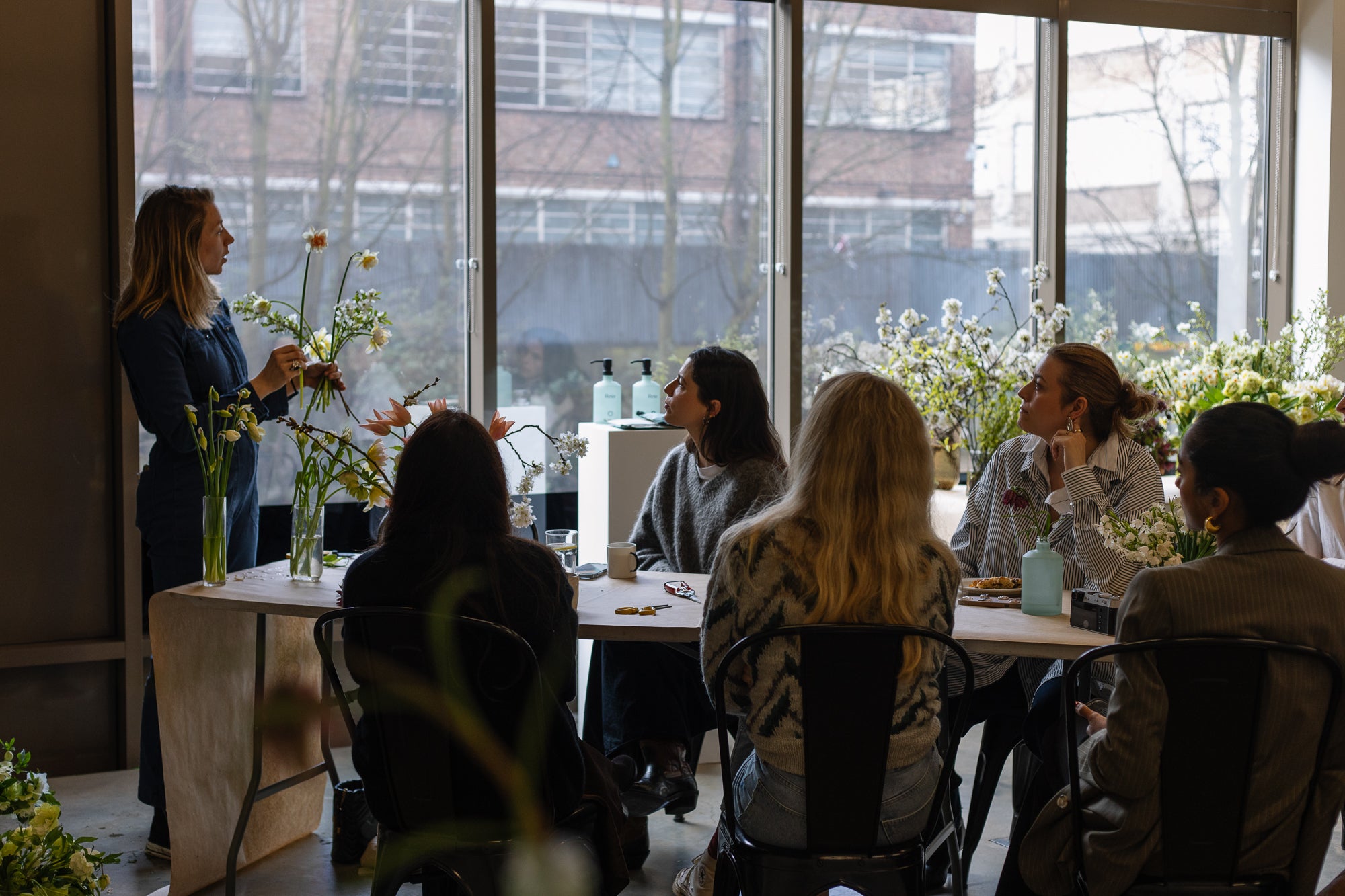We’ve spent the last few weeks setting new intentions for how we want to approach this year. Part of that is thinking about how we consume food and the impact it has on our environment and wellbeing.
So we’re starting 2023 off by trying something new: Regenuary.
It's a movement started by The Ethical Butcher that brings awareness to regenerative agriculture and how it plays a part in mitigating climate change, supporting biodiversity, and healing soil.

A new way to think
Regenuary is a response to the fact that we’ve generally become pretty disconnected from what we eat and the land it comes from. You don’t need to worry so much about whether you’re eating sausages or kale… Instead it's about considering how produce has been grown or reared and how farming practices should protect, restore and rejuvenate the land rather than damage it. Regenuary is in opposition to industrial agriculture, which is damaging to our overall environmental health: it creates soil and water pollution, toxins and antimicrobial resistance. It's also a huge contributor to global carbon emissions.
Regenerative farming works to foster soil health rather than degrade it, championing seasonal, local, and organic farming practices that reverse the damage done to the environment by the industrial food system. Healthier soil means better quality produce, more carbon being absorbed from the atmosphere and protects our ability to grow food for the longterm.
The principles of regenerative agriculture take in everything from soil health and the carbon cycle to biodiversity, land management, animal welfare and more, and draw from decades of scientific and applied research by the global communities of organic farming, agroecology, holistic management and agroforestry.

Consider your impact
Think about where you buy your produce and the restaurants you eat at. Where is the food sourced from and what type of practices do those farmers use? It's not just about eating good food. It's about knowing where it comes from and how your choices impact both people and planet.





Leave a comment
This site is protected by hCaptcha and the hCaptcha Privacy Policy and Terms of Service apply.